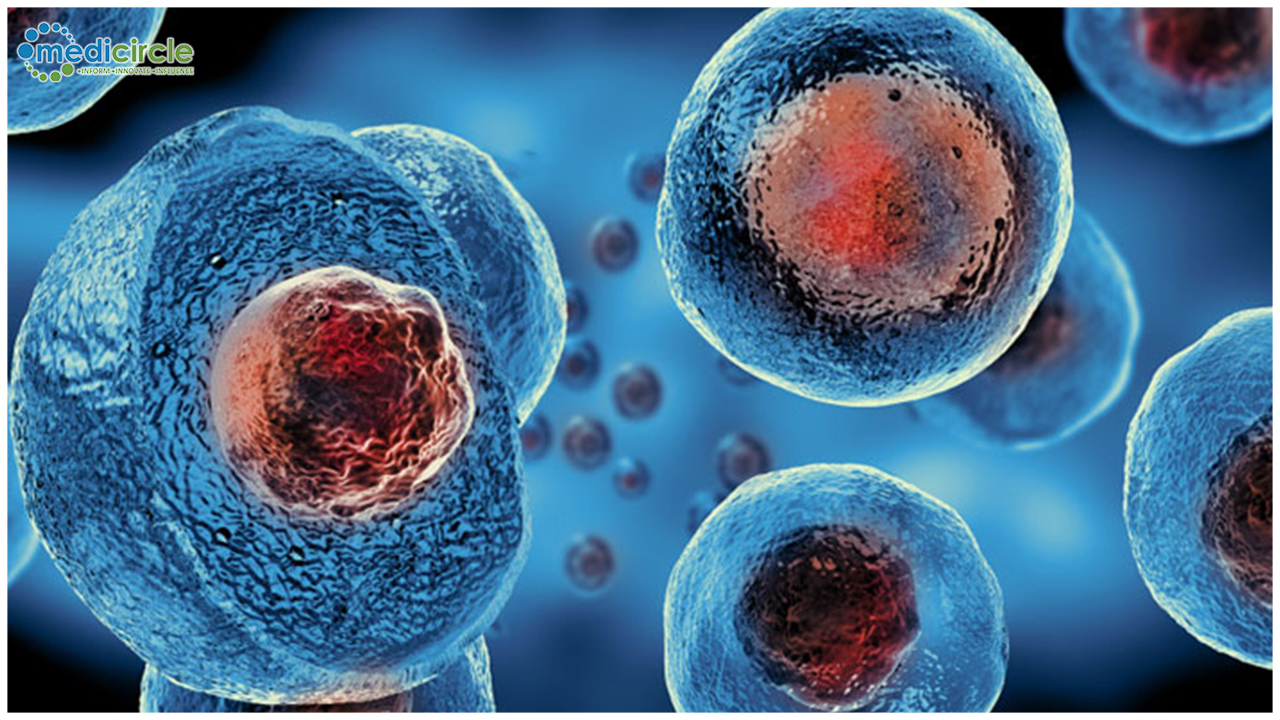Fuchsia Therapeutics' undifferentiated cell treatment MGTA-456 prompts clinically significant and enduring advantages in neurological and intellectual capacities — just as a goal in cerebrum irritation — in youngsters with cerebral adrenoleukodystrophy (CALD), as per one-year follow-up information from a Phase 2 clinical preliminary.
The aftereffects of the examination, "MGTA-456 Cell Therapy in Inherited Metabolic Disease (IMD) Yields Rapid and Durable Long-Term Improvement of Disease-Specific Outcomes in a Phase 2 Trial," were introduced at the 2020 Transplantation and Cellular Therapy (TCT) Annual Meeting, held as of late in Orlando, Fla.
Adrenoleukodystrophy (ALD), an uncommon acquired metabolic issue, is described by the dangerous development of long-chain unsaturated fats (VLCFAs) in a few tissues and organs. It essentially influences the cerebrum and the adrenal organs, which are little hormone-delivering organs situated over the kidneys.
CALD, one of the most widely recognized types of ALD, is set apart by a provocative procedure that wrecks myelin — the defensive layer around nerve cells that permits quick correspondence between them — prompting the dynamic loss of subjective and neurological capacities.
Allogeneic hematopoietic foundational microorganism transplant (HSCT) is viewed as the main method for stopping sickness movement in CALD patients. It depends on the transplant of solid hematopoietic foundational microorganisms — cells that can frame a wide range of platelets in the body — from a hereditarily indistinguishable giver (allogeneic) to supplant the patient's ailing cells.
The methodology is done in the wake of draining the patient's platelets through chemotherapy or radiation.
HSCT's advantages are thought to result from the capacity of the contributor's hematopoietic immature microorganisms to offer ascent to sound microglia cells — specific safe cells of the focal sensory system included the mind and spinal line.
Nonetheless, HSCT's remedial potential has been constrained by a significant test up until this point — the requirement for countless undifferentiated cells.
Red's MGTA-456, an HSCT, was intended to conquer this issue by extending the benefactor's blood undeveloped cells in the research facility to numbers higher than those accomplished with other standard techniques, as per Magenta. MGTA-456 is at present being created as a potential treatment for acquired metabolic sicknesses, including CALD, and blood malignant growths.
An open-name Phase 2 clinical preliminary (NCT03406962) is assessing MGTA-456's wellbeing and viability in up to 12 kids, ages a half year to 16 years, with the acquired metabolic issue, including CALD, Hurler disorder, metachromatic leukodystrophy, and globoid cell leukodystrophy.
Its essential objective is to survey cell engraftment achievement — or the development of the transplanted undifferentiated organisms — estimated by the quantities of neutrophils, a kind of white platelets. Auxiliary objectives incorporate wellbeing and fairness measures. The members are followed for one year after transplant, and those qualified may enter a five-year follow-up study (NCT04008849).
Past half-year information on the initial five patients — two youngsters with CALD and three with Hurler disorder — indicated that every one of them accomplished fruitful foundational microorganism engraftment. Low neutrophils tallies were obvious for the middle of one day, contrasted and at any rate eight days after regular HSCT. That implies that MGTA-456 prompted the quicker recuperation of blood and insusceptible cells.
What's more, the two CALD patients indicated continued goals of mind aggravation on attractive reverberation imaging (MRI) examines as ahead of schedule as 28 days after treatment. Neurological capacity and the Loes score — which measures ailment seriousness dependent on mind variations from the norm and decay seen on MRI filters — likewise were steady at a half year.
Presently, the recently reported information at one-year of follow-up for these initial five patients indicated that the advantages seen at a half year were supported more than one year, steady with a proficient and solid, or enduring stop in ailment movement.
Strikingly, intellectual capacity additionally stayed stable all through the subsequent period, with no decay in the Wechsler IQ Scale and Vineland Adaptive Behavior Scales.
"Treatment with MGTA-456 in patients with IMDs [inherited metabolic diseases] shows early, strong engraftment and safe reconstitution, includes that are exceptionally connected with improved clinical results," the specialists stated, including that the treatment "demonstrates convincing potential to quickly and solidly improve results in [inherited metabolic disease] patients."
Concerning, two scenes of skin-just intense join versus-have infection — GvHD, a genuine complexity where the transplanted cells begin assaulting the host's body — were watched and settled with steroid treatment. No ceaseless GvHD was accounted for.
"The clinical show of quick and strong goals of sickness in patients with the acquired metabolic issue is exceptionally convincing; it's especially reassuring as these outcomes are not seen with right now accessible medicines, nor with quality treatments under scrutiny," John Davis, MD, Magenta Therapeutics' main clinical official, said in a public statement.
Davis additionally noticed that MGTA-456 information on blood malignant growths utilizing solidified examples "approve the presentation of cryopreserved 456 items into the Phase 2 preliminary of acquired metabolic infections, vital for the foundation of multi-focus preliminaries, just as inevitable worldwide patient access."
MGTA-456 as of late got regenerative medication propelled treatment (RMAT) assignment from the U.S. Nourishment and Drug Administration (FDA) for the treatment of the acquired metabolic issue, including CALD. This assignment is intended to accelerate the improvement and endorsement of promising treatments for genuine or deadly infections, and possibly address neglected clinical needs.
Fuchsia hopes to finish the preliminary's enlistment during this year. It additionally plans to keep working with the FDA under the RMAT assignment to structure an enrollment empowering study, and to have conversations with the European Medicines Agency in regards to MGTA-456's advancement in Europe.

 Researchers show that stem cell therapy has a better and long-lasting effect on Neurological disorders.
Researchers show that stem cell therapy has a better and long-lasting effect on Neurological disorders.









.jpeg)

.jpeg)
.jpeg)

.jpeg)


.jpeg)



.jpeg)
.jpeg)
.jpeg)


.jpg)


.jpeg)
.jpeg)